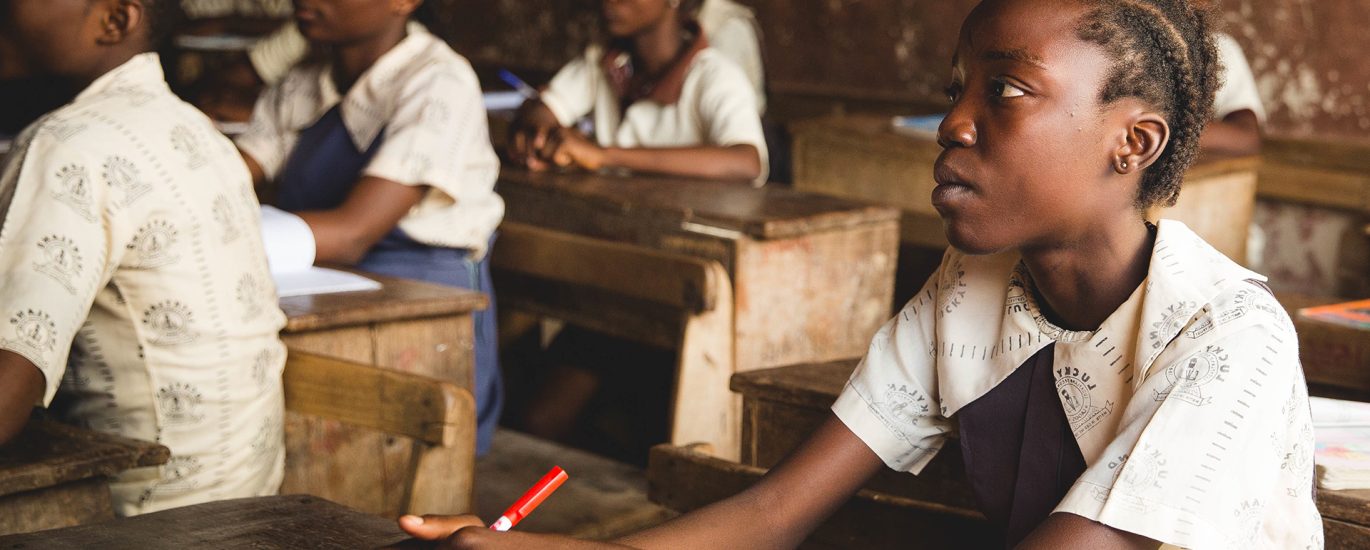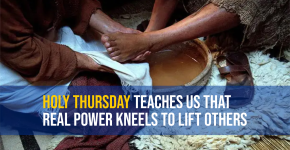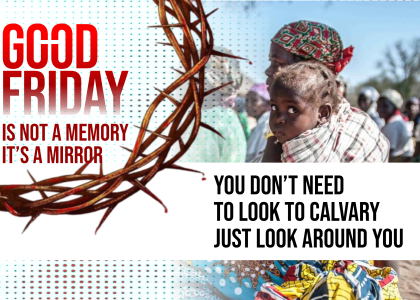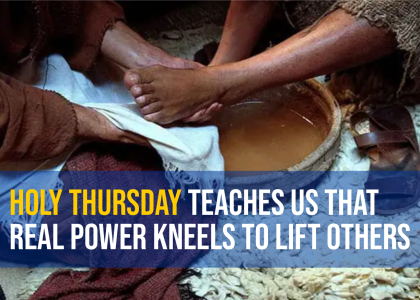In recent years, the Southeast region of Nigeria has been grappling with a disturbing increase in kidnapping and human trafficking. These heinous acts, fueled by organized crime, poverty, and corruption, have torn families apart and left communities living in constant fear. This surge in criminal activities, targeting vulnerable populations, especially women and children, is not just a threat to safety—it’s a direct assault on the social and economic fabric of the region.
The Alarming Rise in Kidnapping and Human Trafficking
Kidnapping for ransom has become one of the most pervasive forms of crime in Southeast Nigeria. In rural areas, families live in fear as criminals abduct individuals—often children—demanding outrageous sums for their release. Even worse, in some cases, the victims are never returned home, with families left devastated and emotionally shattered.
Meanwhile, human trafficking networks continue to exploit women and children in the region, luring them with promises of better lives, education, or jobs abroad. These victims often find themselves sold into forced labor, sexual exploitation, or servitude, enduring unimaginable abuse and degradation.
Here are the key drivers behind the surge of kidnapping and human trafficking in Southeast Nigeria:
- Economic Hardship
Widespread poverty, unemployment, and economic inequality have made many communities in Southeast Nigeria vulnerable to criminal exploitation. Desperate families are easy targets for traffickers who promise financial relief, while the allure of quick ransom payouts has made kidnapping a lucrative business for criminals. - Weak Law Enforcement
The failure of law enforcement agencies to effectively curb these crimes has emboldened traffickers and kidnappers. Corruption within the police force and a lack of resources have allowed these criminal activities to persist, with many perpetrators escaping justice. - Inadequate Security Infrastructure
Many parts of the Southeast region lack sufficient security infrastructure, making it difficult to monitor and prevent these crimes. Rural communities are particularly vulnerable, with little to no law enforcement presence, leaving them at the mercy of criminals. - Victimization of Women and Children
Women and children are often the most vulnerable targets of human trafficking and kidnapping. Traffickers specifically prey on young girls, promising education or jobs only to subject them to exploitation. Children are also frequently abducted for ransom or forced into labor or prostitution. - Organized Crime Networks
Many of these crimes are carried out by well-organized syndicates operating across borders. Trafficking networks have established routes and connections with corrupt officials, making it challenging for local authorities to dismantle their operations.
The Devastating Impact on Families and Communities
The rise in kidnapping and human trafficking has profound effects not just on individual victims, but on the broader communities they come from. Families are plunged into emotional and financial turmoil as they struggle to meet ransom demands or search for loved ones who have been trafficked across borders. In many cases, victims never return, and the psychological toll on families and communities is immeasurable.
Local economies are also affected, as the fear of kidnapping keeps farmers from tending to their land, traders from traveling, and schools from operating regularly. The resulting instability creates a cycle of poverty and insecurity, feeding back into the conditions that allow these crimes to flourish.
How We Can Fight Back Against Kidnapping and Human Trafficking
It is clear that combating kidnapping and human trafficking requires a multifaceted approach, involving government action, law enforcement reform, and community engagement. Here are the key steps we must take to tackle this growing menace:
- Strengthening Law Enforcement
The Nigerian government must prioritize the fight against kidnapping and human trafficking by providing law enforcement agencies with the resources, training, and oversight they need to combat these crimes. Corruption within the police force must be addressed, and a special task force should be established to focus specifically on human trafficking and kidnapping syndicates. - Community Policing and Vigilance
Communities must take an active role in protecting themselves by forming local vigilance groups and working in collaboration with law enforcement. These groups can serve as the first line of defense in identifying suspicious activities and reporting potential kidnappers or traffickers. - Creating Economic Opportunities
Economic hardship is one of the root causes of these crimes. To effectively combat kidnapping and trafficking, the government and NGOs must invest in job creation, skills training, and economic empowerment programs in vulnerable communities. This will reduce the lure of quick criminal profits and give people alternatives to turning to crime. - Public Awareness and Education Campaigns
Many families fall prey to traffickers because they are unaware of the risks. Public education campaigns, both in schools and through the media, are critical to raising awareness about the dangers of trafficking and kidnapping. By educating parents and children about the signs and tactics used by traffickers, we can prevent more people from becoming victims. - Victim Support and Rehabilitation
Survivors of kidnapping and trafficking require comprehensive support to recover from their trauma and reintegrate into society. Governments and NGOs should provide psychological counseling, medical care, and vocational training for victims, as well as legal support to pursue justice. - Border Control and International Cooperation
Human trafficking is a transnational crime, and cooperation between Nigeria and neighboring countries is essential to shutting down trafficking routes. Improved border control and intelligence-sharing between nations can help track down traffickers and return victims to their families.
Join the Fight: How You Can Help End Kidnapping and Human Trafficking
It’s easy to feel powerless in the face of such widespread criminal activity, but every action counts in the fight to end kidnapping and human trafficking. Here’s how you can make a difference:
- Donate to Anti-Trafficking Organizations
Many NGOs are on the front lines of the fight against human trafficking, providing victims with safe havens and working to dismantle trafficking networks. Your donation can help fund rescue operations, provide victims with care, and raise awareness about these crimes. Click here to donate. - Speak Out and Raise Awareness
Use your voice to shine a light on this issue. Whether through social media, local advocacy, or community events, raising awareness about kidnapping and trafficking can empower others to take action and protect vulnerable populations. - Volunteer with Anti-Trafficking Programs
You can volunteer your time and skills with organizations that are working to combat human trafficking and kidnapping. Whether you’re a lawyer, social worker, educator, or simply passionate about helping others, there are many ways you can get involved. - Pressure Lawmakers for Reform
Advocacy is key to changing the system that allows kidnapping and trafficking to thrive. Write to local government representatives and demand stronger laws, better enforcement, and more funding for anti-trafficking initiatives. - Report Suspicious Activities
Stay vigilant and report any suspicious activities in your community. Whether it’s unusual movements or questionable individuals, reporting your concerns can help prevent a crime from taking place.
Together, We Can End This Cycle of Violence
The rise in kidnapping and human trafficking in Southeast Nigeria is a crisis that demands our immediate attention. By standing together and taking concrete steps to fight back, we can protect vulnerable populations and restore peace and security to our communities. The time to act is now—for every day we wait, more lives are at risk.
Join us in this fight to end kidnapping and human trafficking. Donate, advocate, and take action today to make a difference in the lives of those most vulnerable.












